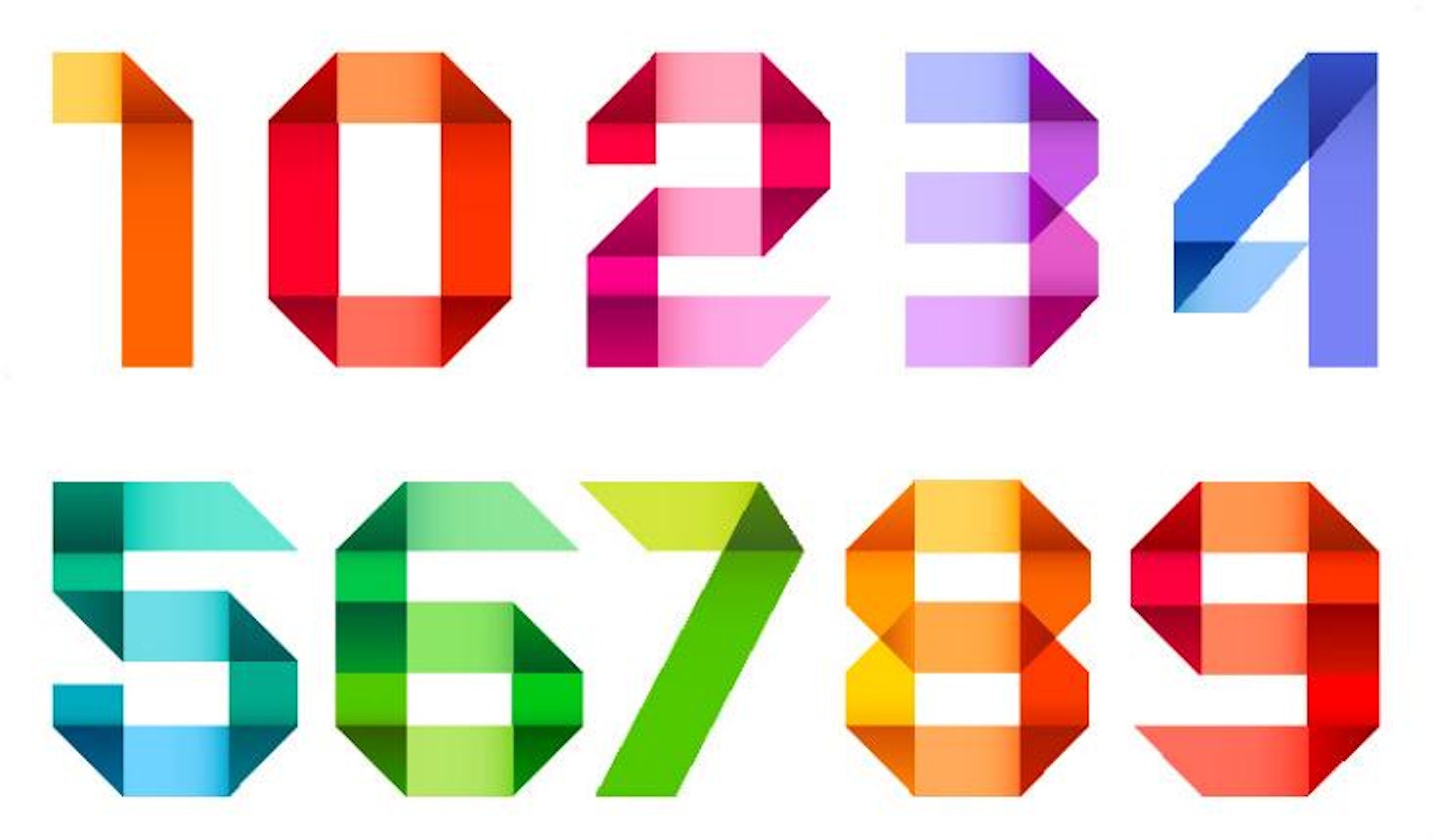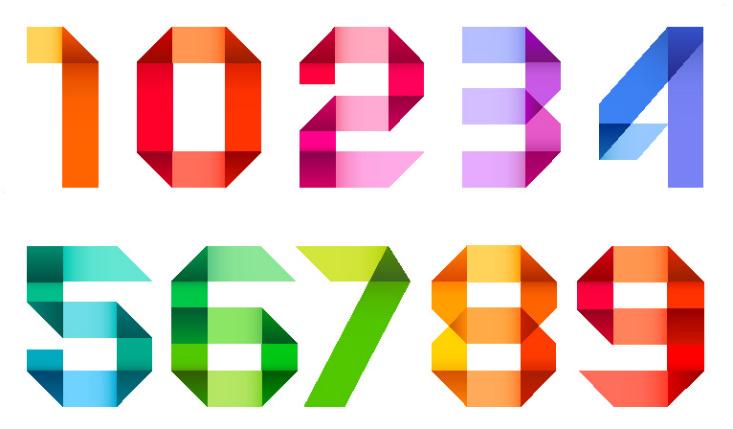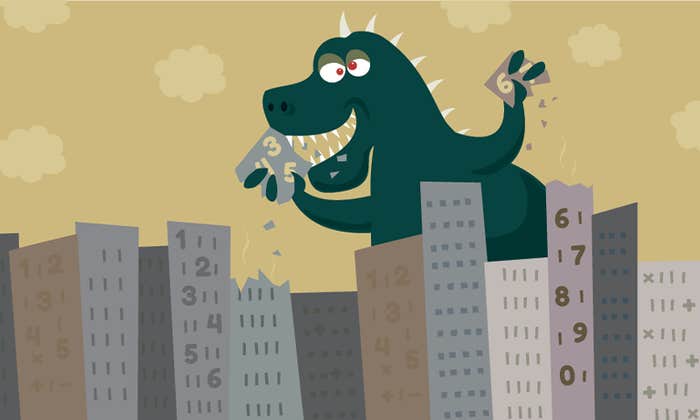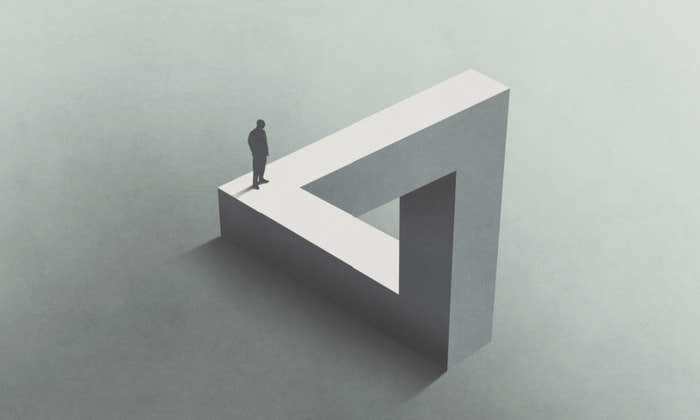Go ahead, admit it. Like a lot of people, you have a favorite number.
Maybe you’re not as extreme as Sheldon Cooper, the arch-nerd character on television’s Big Bang Theory, who loves the number 73: “73 is the 21st prime number, its mirror 37 is the 12th and its mirror 21 is the product of multiplying, hang on to your hats, 7 and 3!”
Maybe your favorite number is your birthday, or the jersey you wore in high school. Or maybe it is your significant other’s birthday. (That would be smart, because then you would never forget it.)
But what is the world’s favorite number?
Alex Bellos, a mathematics blogger for The Guardian, started collecting favorite numbers a few years ago. One of the most frequent questions he got from readers was, “What’s your favorite number?” (Or “favourite,” since this was in England.) He didn’t actually have one, but then he started asking readers the same question. Quite to his surprise, he found that a lot of people were passionate about numbers… or at least one number in particular.
“Numbers are like gold coins—you might see a lot of them, but they’re all wonderful.”
Bellos set up the website http://favouritenumber.net and asked people to cast votes for their favorite numbers and explain why they liked them. More than 44,000 people did. Along the way, Bellos noticed lots of patterns. “Definitely, non-mathematical reasons were more frequent than mathematical ones,” he says. “Dates and birthdays are the most common.” Odd numbers do better, in general, than even ones. In China, 8 is popular because it sounds like “prosperity,” and 4 is unpopular because it sounds like “death.” English has sound-alikes, too: one voter said his favorite was 11, because “it sounds like lovin’.”
Round numbers, ending in 0 or 5, are quite unpopular. “My theory, which is not scientifically proven, is that we use round numbers to mean approximate things,” says Bellos. “When we say 100, we don’t usually mean exactly 100, we mean around 100. So 100 seems incredibly vague. Why would you have something as your favorite that is so vague?” It seems that we like our numbers to be somewhat unique, which may be why prime numbers are popular. They aren’t divisible by any smaller numbers (aside from 1).
Bellos just announced the results today on the BBC and in his new book, Alex Through the Looking-Glass, published this week in the UK. (It’s published under the title The Grapes of Math in the US.) Let’s count them down:
The bronze medal goes to the number 8. Hey, all those Chinese people can’t be wrong!
The silver medal goes to the number 3. That should go over well with fans of the Three Musketeers, the Three Stooges, and the Three Little Pigs.
But the number cited most often as a favorite number is (drum roll, please)… 7.
To be honest, this is hardly a shock. If you go to Las Vegas, you can’t miss the 7’s all around you. “People’s strongest emotional reaction is to the number 7, and this has been true throughout history,” says Bellos. But strangely enough, no one really knows why. “The argument most frequently given, which I think is not credible, is that there are seven visible planets or seven days in the week,” Bellos says. He thinks that we like 7 because it’s the only number between 2 and 10 that is neither a multiple nor a factor of any other. It somehow stands apart from the others.
But if you don’t feel any attachment to 7, that’s okay. Rebels like the number 13, which finished way up in sixth place. If you like the number 0, join the smart aleck club. More than any other number, people seemed to pick 0 because they thought it was a clever thing to do, Bellos says. As for the world’s “least favorite” number, that would be 110. It was the smallest whole number that didn’t get any votes at all.
One nice thing about favorite numbers is that there are so many to choose from. “Numbers are like gold coins—you might see a lot of them, but they’re all wonderful,” says Neil Sloane, a retired mathematicians at AT&T Labs and curator of the Online Encyclopedia of Integer Sequences. “I have quite a few favorites,” he says. 240 (the number of billiard balls that a single billiard ball can “kiss” in eight-dimensional space) is near the top, but so are 1, 2 (“the oddest prime,” because it’s even), and 1089 (check Wikipedia if you want to know why).
“People’s strongest emotional reaction is to the number 7, and this has been true throughout history.”
On the other hand, some mathematicians profess not to care. “I must confess that I have tuned out of the whole fave number thing,” says mathematician-magician Colm Mulcahy of Spelman College. However, as a magician he is definitely aware of people’s preference for 7, and he even does a card trick that takes advantage of that preference.
Bellos also denies having a favorite number, but he does say, “I have quite a good birthday, 11/22. You double one and you get the second. When I was growing up, it made me feel that I was destined to be good at math.”
His birthday also made for a good conversation starter in, of all places, Brazil, where he lived for five years. “They really believe in astrology and numerology there, and you often get asked your birthday in a bar,” he says. He offers a tip to anyone traveling to Brazil this year: “If you’re going to the World Cup, lie about your birthday.” For example, 7/3 would be a really cool choice. Just ask Sheldon Cooper.
Dana Mackenzie is a freelance mathematics and science writer based in Santa Cruz, California. His most recent book is The Universe in Zero Words: The Story of Mathematics as Told Through Equations, published in 2012 by Princeton University Press.































